A failed attempt to have another symbol for riots
WANA (SEP 5th)_ As the anniversary of the tragic death of 22-year-old Mahsa Amini in the custody of Iran’s morality police approaches, the nation finds itself in a state of reflection and unrest, giving rise to rumors and discussions about what the coming days may hold.
In September 2022, widespread protests erupted across Iran, persisting for several months. Despite the persistence and nationwide scale of the demonstrations, the Iranian government remained unwavering in its stance, resulting in the arrests of hundreds of individuals.
The government argued that these protests failed to meet the demands of the opponents of the Islamic Republic of Iran, viewing them as orchestrated attempts to destabilize the nation.
This year, with the government’s presumption that a deliberate group masterminded last year’s protests, questions remain about whether the agitators are angry by their perceived failure and what their intentions are for the days ahead.
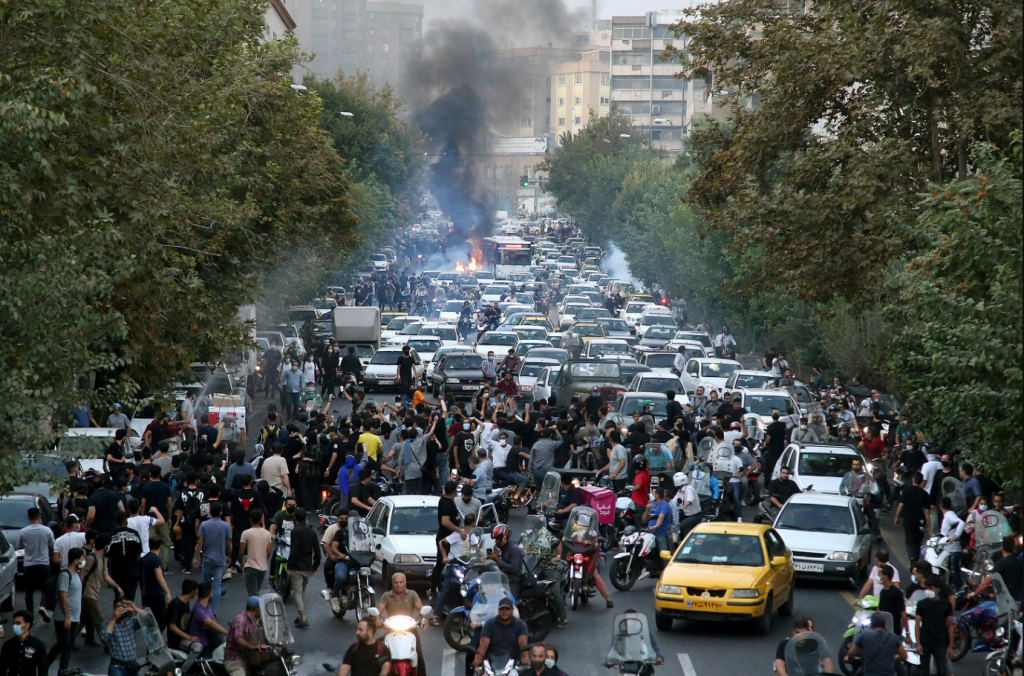
People attend a protest over the death of Mahsa Amini, a woman who died after being arrested by the Islamic republic’s “morality police”, in Tehran, Iran September 21, 2022. Handout / WANA (West Asia News Agency)
It appears that a faction of opponents of Iran’s government is actively attempting to incite the public, using signs and signals to encourage a repeat of the protests that marked Mahsa Amini’s tragic anniversary.
Up until now, the opposition has struggled to find a compelling stimulus that could mobilize the masses as effectively as last year’s events. The recent terrorist attack on the Shahcheragh shrine failed to ignite widespread public protests.
Now, the spotlight has shifted to Javad Rouhi’s death, a 35-year-old man who was arrested during last year’s protests and previously sentenced to death for crimes that included “Moharebeh” (waging war against God), “corruption on earth,” and “disrupting national security.” the death sentence for Javad Rouhi was then decreased to imprisonment however apparently Rouhi’s sudden death in prison represents a new glimmer of hope for those seeking a cause to rally behind.
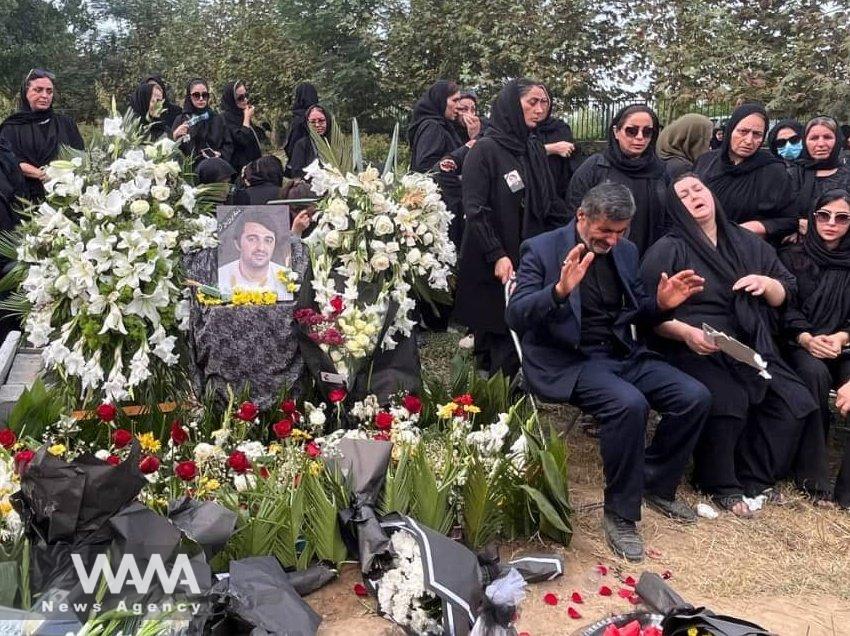
Javad Rouhi’s funeral ceremony and his parents are mourning at his grave. North of Iran. Social Media. WANA News Agency
These opposition figures seek to draw parallels between Javad Rouhi’s case and that of Mahsa Amini, hoping they can use his death to shoot their shots at starting another round of protest in Iran.
Yet, it is widely acknowledged that Javad Rouhi’s situation lacks the potential to inflame the public in the same way Amini’s tragic death did. The Iranian government is confident that past events will not be replicated in this case, and experts concur that the two cases differ significantly for several reasons, including Rouhi’s criminal accusations.
It is undeniable that Javad Rouhi’s accusation regarding the burning of the Holy Quran is enough for Iranians not to want to come to the streets to take his revenge.
The government arrested many of those likely to be among the riots’ leaders in the fall of last year and previous uproars, or officials explained to them that they did not have the right to participate in the gatherings.
Practically, extremist forces that can create street riots are more limited than in previous years.
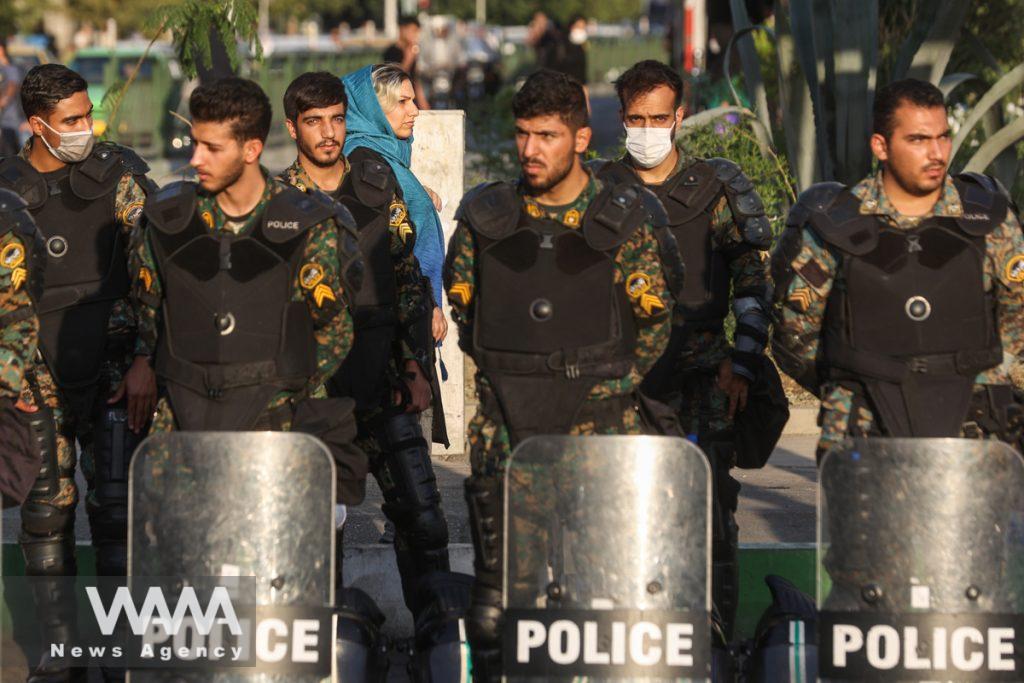
Iran’s riot police forces stand in a street in Tehran, Iran October 3, 2022. WANA (West Asia News Agency)
More importantly, no root-full political movement inside Iran, like reformist or leftist political factions, are not in favor of this range of protesters.
They believe that last year’s riots were managed by those who did not seek to reform the political system in Iran. Instead, the rioters wanted to overthrow the government, divide, and disrupt Iranian society. Therefore, we did not witness any reformist leaders’ support for the previous year’s protests and the upcoming calls.
Nevertheless, Iranian society is always prone to new riots due to its internal problems and the plans of its enemies to change the regime.
WANA / Writing by S, Khezri and R,Ganji

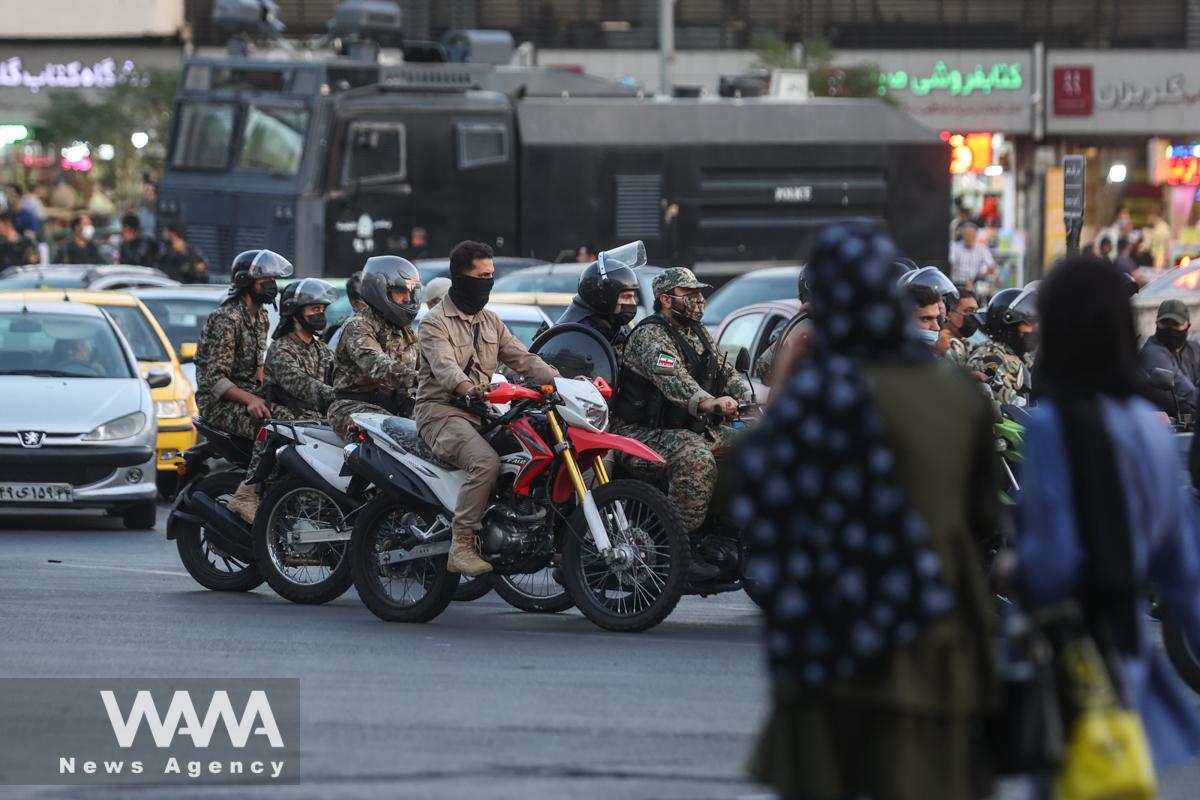
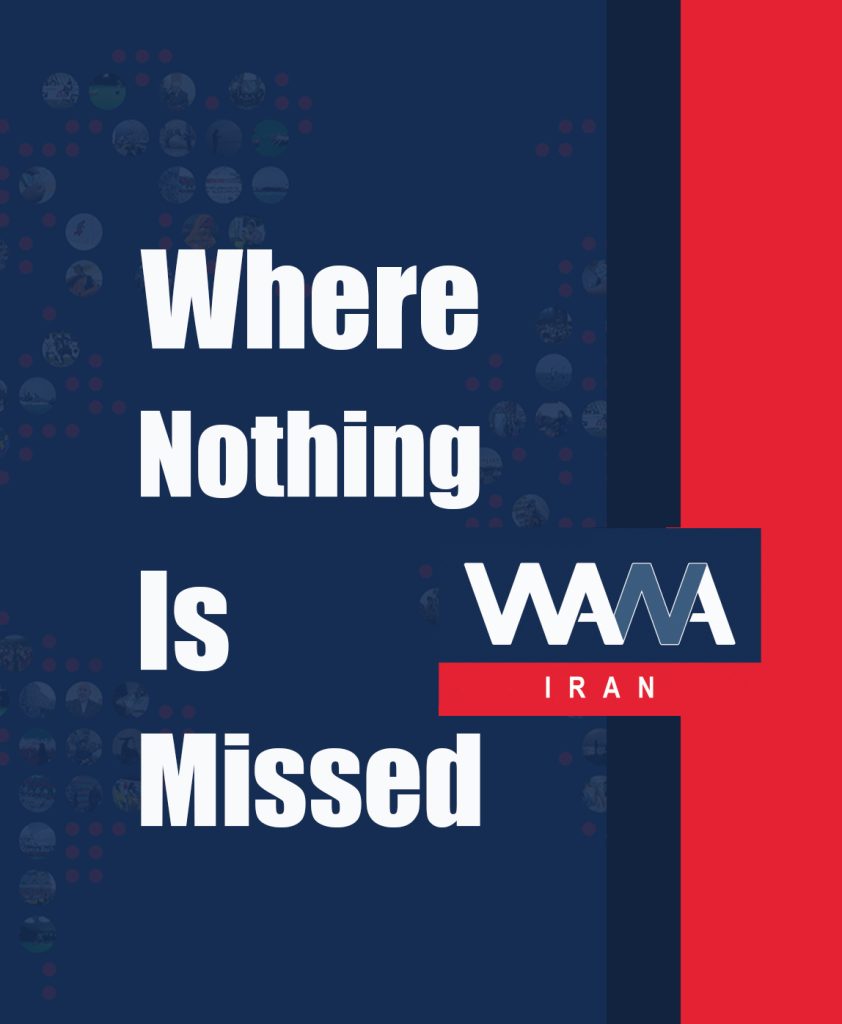










User comments